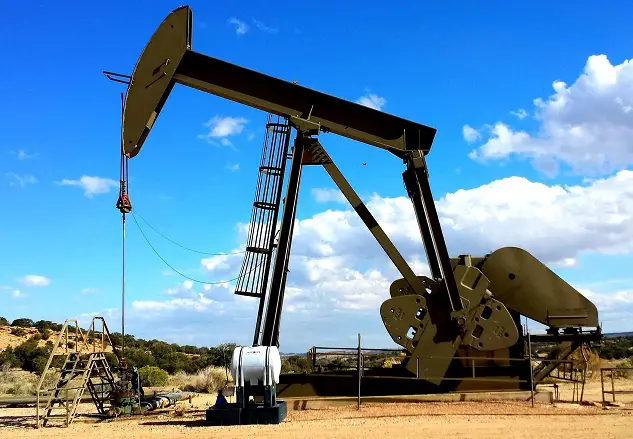After pledging to do “whatever is necessary,” to prop up lagging oil prices, Saudi Arabia has announced it will cut oil production by one million barrels per day (bpd) unilaterally. It is expected the announcement will trigger a jump in crude prices on Monday.
Saudi Oil Minister Prince Abdulaziz bin Salman announced the nation would voluntarily cut oil production to support prices after OPEC and its allied countries, known as OPEC+, failed to reach an agreement on collective reductions in quotas.
The cuts, which will begin in July, will represent a reduction of roughly one percent of global supplies.
The announcement is sure to inflame tensions with the White House, which has been pushing oil producers to open the spigots to keep energy prices low as Western countries continue to battle persistent inflation.
President Biden who has seen his poll numbers hurt due to high fuel prices, has accused oil producers of siding with Vladimir Putin by cutting their output.
Analysts fear the move will reignite inflation across Britain and Europe. Price increases have been closely associated with energy costs.
The OPEC+ meeting preceding the announcement was reported to be marred by tense disagreements among the group of nations, as bickering over quota amounts prevented the group from coming to an agreement, forcing Saudi Arabia to act unilaterally.
The Saudis had entered the meeting hoping to secure a collective output cut by all of the nations of one million barrels per day, with the reduction spread equitably among members.
Following the meeting members denied the reports of tensions within the group. Russian Deputy Prime Minister Alexander Novak denied there was any split with Saudi Arabia, as UAE Energy Minister Suhail Al Mazrouel said, “We will always support OPEC and will always stay together.”
Giovanni Staunovo, an analyst specializing in commodities at UBS, said, “Despite a very long meeting, the group shows it remains united, aiming to keep the oil market in balance.”
He predicted oil prices would jump in early trading Monday morning. OPEC controls roughly 80 percent of global reserves, and OPEC+ is responsible for about 40 percent of global production.
Observers had suspected some form of production cut was in the offing after Prince Abdulaziz had said last week that traders who were betting against oil prices would need to “watch out.”
Over the last year, oil prices have steadily fallen despite a raft of cuts to production output. One year ago Brent crude peaked at $12 per barrel, however by last Friday it had fallen to just above $76 per barrel, below the level it stood at when Russia began its military actions in Ukraine last February. It was also below the $80 per barrel price level which is required for the Saudi government to be able to maintain its spending levels.
In April, OPEC+ had announced a surprise one million barrel per day production output cut which sent prices jumping. Since then however it has lagged as investors processed concerns about the global economy possibly slipping into a recession which would sap energy demand.
Although member nations failed to agree on new cuts to production output, OPEC+ did agree to extend April’s voluntary cuts until the end of next year. Of course analysts note that those plans can easily change if there is some sudden change in the global demand outlook.

